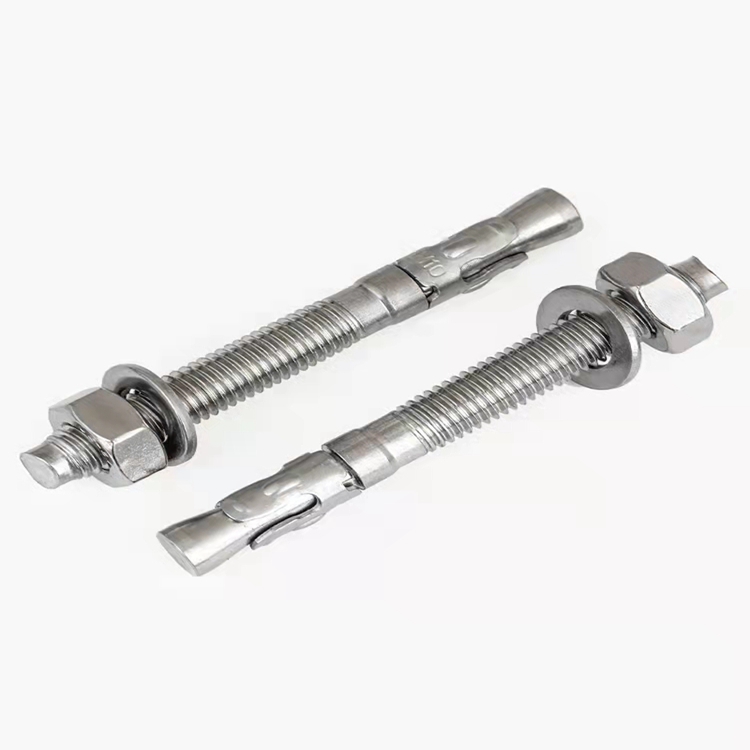Premium FRP Screws Manufacturers - High-Quality Fastening Solutions
Septemba . 06, 2024 04:25 Back to list
Premium FRP Screws Manufacturers - High-Quality Fastening Solutions
Understanding the Landscape of FRP Screw Manufacturers
Fiber Reinforced Polymer (FRP) screws have emerged as a crucial component in various industries, providing unique advantages over traditional metal fasteners. The increase in demand for lightweight yet strong materials has fueled the growth of FRP screw manufacturers worldwide. These screws are prized for their corrosion resistance, high tensile strength, and lightweight characteristics, making them ideal for applications in construction, marine technology, automotive, and various other sectors.
Understanding the Landscape of FRP Screw Manufacturers
Moreover, FRP screws are incredibly lightweight compared to their metal counterparts, which contributes to their ease of handling and installation. This feature is particularly advantageous in manufacturing and assembly processes, where reducing weight can lead to lower transportation costs and improved energy efficiency. Manufacturers focus on these benefits in their marketing strategies to attract potential customers who are increasingly prioritizing sustainability and efficiency in their projects.
frp screws manufacturers

In addition to corrosion and weight advantages, FRP screws are engineered to provide excellent mechanical properties. They can be designed to meet specific load requirements, making them suitable for heavy-duty applications. FRP screw manufacturers often invest in advanced materials science to develop products that can outperform traditional screws in terms of strength and durability. This commitment to innovation is vital in a competitive market landscape, where customers are looking for specialized solutions tailored to their unique needs.
As the market for FRP screws continues to grow, it becomes increasingly important for manufacturers to understand and adapt to industry trends. Sustainability, for example, is becoming a prominent theme across all sectors, and FRP screws made from recyclable materials can appeal to eco-conscious consumers. Manufacturers that can effectively communicate their commitment to sustainability alongside performance benefits are likely to gain a competitive edge.
The global landscape for FRP screw manufacturers is diverse, with both established companies and emerging players vying for market share. This competition drives innovation, forcing manufacturers to continually improve their products while also ensuring competitive pricing. As the industry evolves, collaborations with research institutions and advancements in material technology will further enhance the capabilities of FRP screws, opening up new opportunities for manufacturers and consumers alike.
In conclusion, FRP screw manufacturers are at the forefront of a growing market that seeks to replace traditional fasteners with advanced materials. The advantages of corrosion resistance, lightweight, and mechanical strength position FRP screws as a vital component across various industries. As awareness of the benefits of these products expands, so too does the opportunity for innovation and growth within the manufacturing sector.
Latest news
-
Premium Wood Screws for Flooring - Reliable Wood Floor Screws Company & Suppliers
NewsJun.24,2025
-
High-Quality Cabinet Bolts – Reliable Factory, Trusted Company & Leading Suppliers
NewsJun.10,2025
-
Dragon Bolts UNF Wholesale – Top OSRS Dragon Bolts UNF Manufacturer & Exporter
NewsJun.10,2025
-
Premium Wind Lock Washers - Secure Anti-Vibration Solution
NewsJun.10,2025
-
Stainless Steel Socket Head Cap Screws High Strength & Corrosion-Resistant
NewsJun.10,2025
-
Shake Proof Washers Durable Anti-Vibration Locking Solutions
NewsJun.09,2025
